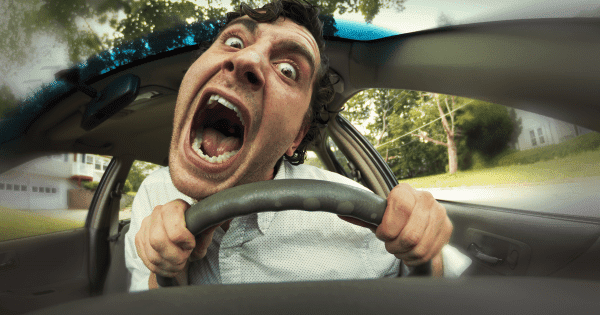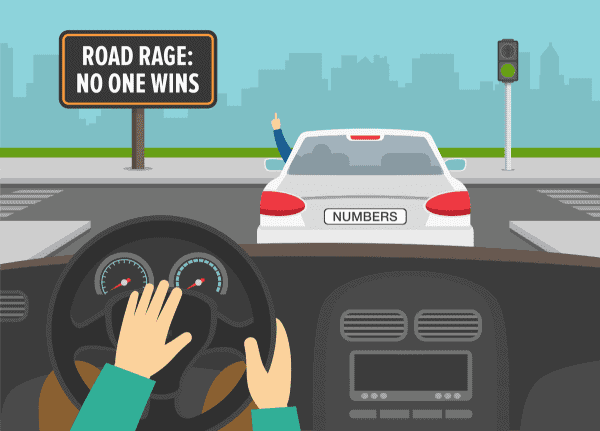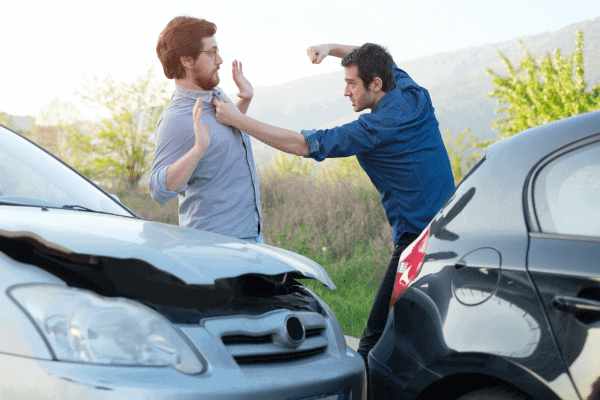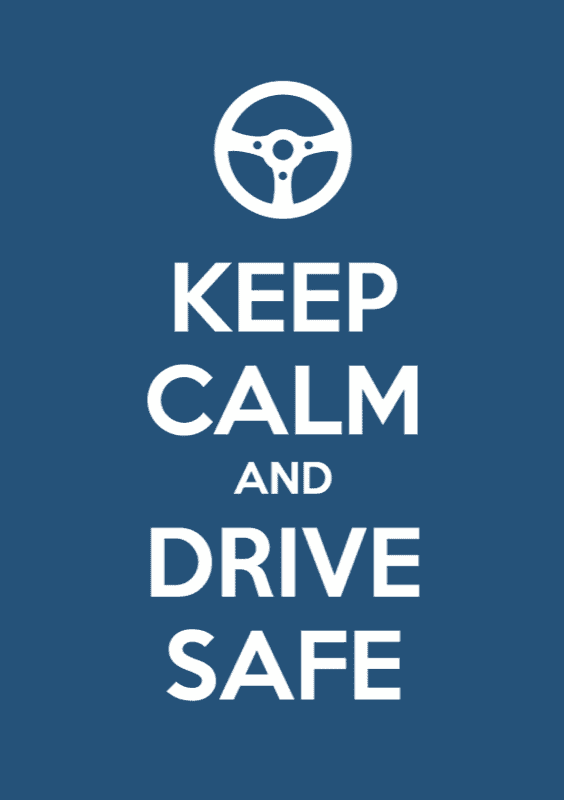- Need Any Help: +1 647-760-5505 or
- info@trubicars.ca

Emotions can play a huge role in how we operate our vehicles. Many drivers have heard the term “Road Rage”, and this references angry emotions that a driver may experience while they are behind the wheel and how it affects their driving. Road Rage is frenzied anger while driving and can be caused by collisions or poor driving habits. Raging drivers often believe they have been deliberately or accidentally crossed by other road users and seek vengeance on the believed miscreant. A survey of 1,522 participants conducted by InsuranceHotline.com found that 95% of Ontario Drivers admit to aggressive driving and raging behind the wheel. At Trubicars our goal is to share our knowledge and driving experience with you. We believe and emphasize to our students that it is your duty as an operator of a motorized vehicle to ensure that you remain safe and responsible behind the wheel. We also believe that you should maintain a calm and positive attitude while you are driving. We have gathered information about what causes road rage and how you can avoid raging on the road.

Since every person reacts differently to situations and experiences emotions differently, it’s hard to say how all drivers will react to being wrong behind the wheel. However, it’s typically common that drivers’ behavior becomes unpredictable when drivers are unable to control their vehicles, themselves and their emotions. Some typical displays of road rage includes:

Since every person experiences different emotions, there are many factors that can contribute to Road Rage. Some drivers may be getting behind the wheel while they’re already wound up. They might’ve had a frustrating day at work, or they might’ve gotten into a dispute with a loved one. Sometimes, road rage can appear out of nowhere and be triggered by other drivers’ poor driving habits. Road Rage becomes serious when you decide to deliberately seek out revenge against another driver. Some causes behind road rage include (but are not limited to)

It’s important to remember that driving is a privilege NOT a right. At Trubicars, our goal is to share our knowledge and driving experience with you and emphasize to our students that driving is a big responsibility. It is your duty as an operator of a motorized vehicle to ensure that you remain safe and responsible behind the wheel, not just for your sake, but for the sake of others. Engaging in Road Rage can be very dangerous. If you are looking for more information on What are the causes of Road Rage and how to avoid them, check out the Trubicars website!:

 January 3, 2025 by
January 3, 2025 by Trubicars
Trubicars
 February 13, 2024 by
February 13, 2024 by Reema Sharma
Reema Sharma
 January 17, 2024 by
January 17, 2024 by Trubicars
Trubicars
Once you acquire the knowledge provided in
those tests, you are ready to pass the test,
for the first time.
